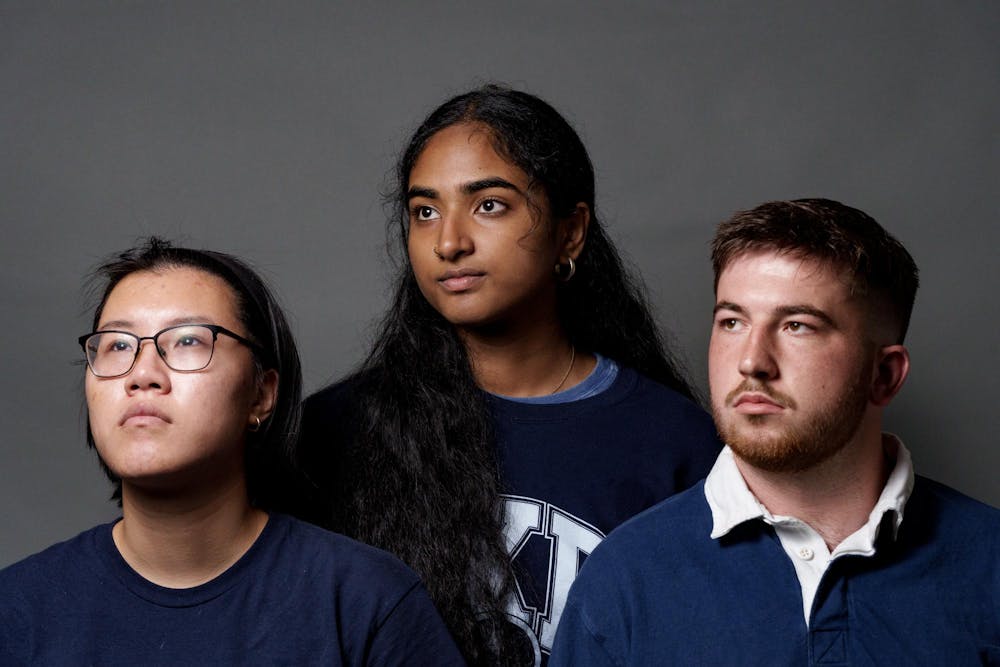Following the disbandment of the University Office for Diversity and Inclusion and UNC System-wide Diversity, Equity and Inclusion policy changes, some student participants shared their perspectives, unsure of what the continuation of DEI programs will look like at UNC.
Sophomore and 2024-25 accepted DEI Fellow Veda Muppala received an email about the future of the DEI Fellows program on Tuesday, the first communication since an Aug. 16 announcement indefinitely postponing a scheduled retreat.
In the email, a member of the UNC Diversity and Inclusion office communicated plans about a meeting for members to “discuss other potential programs that [they] may wish to connect with here at Carolina.”
In a media opportunity on Sept. 12, Vice Provost Leah Cox, the former vice provost for equity and inclusion and chief diversity officer, said that many programs previously in the D&I Office are housed under other reporting structures, but are still standing. Cox said that support for BIPOC — Black, Indigenous and people of color — students was certainly still there.
Cox also said that DEI fellows would be working under the Office of Student Affairs, saying that the program would change, “but still serve our students in terms of them learning about how to work in programs that support diversity and inclusion initiatives.”
According to the D&I Office's website, which remains online after the office's dissolution, the DEI Fellowship is a one-year program aimed at sophomores and juniors that allows those selected to facilitate diversity, equity, inclusion and belonging at UNC and in their communities. Chosen fellows are set to engage in skill development, active learning and career networking.
“I wanted to be able to build my DEI skills on campus and foster meaningful dialogue, inclusivity and representation,” Muppala said. “Through [the program], I thought I would be able to do that.”
Project Uplift, another program that operated under the D&I Office, promotes college access for underrepresented high school seniors through a day-long summer session. Uplift PLUS, an extension of the program, hosts an additional two-week session for those selected.
UNC senior Ben Neill was a student ambassador at the office and planned to be a counselor with Project Uplift this summer. Neill was one of the employees in the program to resign after the policy changes.




